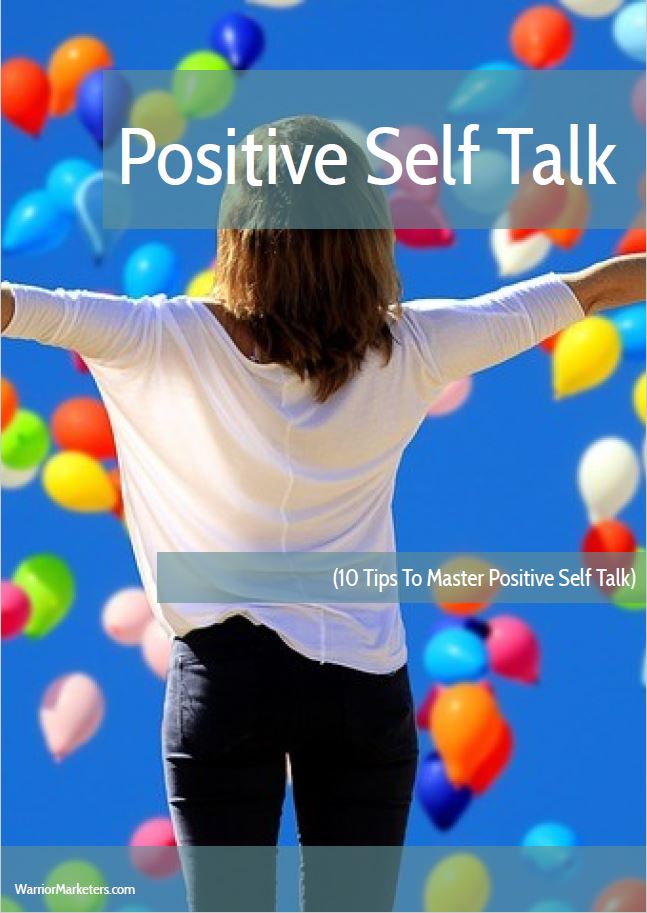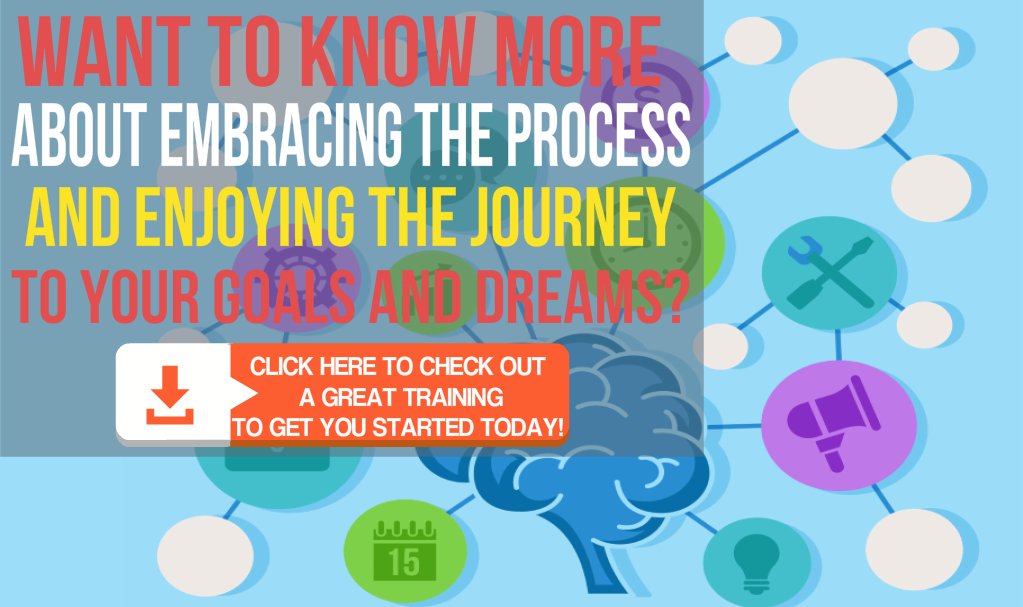Positive Self Talk
Can I ask you a question?
How often do you hear that little voice in your head that tells you that you aren’t quite good enough? Hourly, daily, weekly?
If you’re like most people, you probably hear it all too often and it is having a significant impact on the quality of your life.
Negative self-talk can severely hinder your progress in life and decrease the chances of you ever achieving your goals. And do you really want that for yourself? I doubt it, and you will be glad to hear that you can do something about it, starting today.
There are ways that you can turn that doubting inner voice into a positive one and I have complied a list of them below.
Follow these ten simple tips and you will be able to turn things around and create a new positive, helpful voice that will help you to build your confidence and change your life for the better and it’s not as difficult as you may think.
1. Use Affirmations

Using positive affirmations can help program your mind to speak in a positive voice more often. They are positive statements written in the present tense.
You should say them out loud first thing in the morning when you wake up and just before you go to sleep at night as these are the times when your brain is at its most receptive.
Regular repetition throughout the day will reinforce the positive messages and help them to become second nature. Don’t underestimate this simple practice, as you will find that many successful people practice affirmations, so there must be something in it, right?
2. Be Aware

You really need to be aware of that voice that you are hearing in your head. Listen to what it is saying and how it is talking to you.
If it is constantly negative, then you need to take action to turn it into a supportive and positive voice. Listen carefully and when you catch a negative thought turn it into a positive statement instead. It is all about training yourself to focus on the positive, rather than the negative; do that and you can train your inner voice to work for you rather than against you.
3. Meditate

It’s a simple fact that regular meditation can help you develop greater control over your thoughts and emotions.
It will teach you how to listen carefully and to quieten your inner voice.
This will help you create a sense of calm and peace, which in turn reduces stress and anxiety.
As you gain greater control over your mind you will be able to silence the negative voice when it starts to speak. Meditation, along with awareness can quash your negative voice for good.
4. Practice Gratitude

Take time every day to think of at least three things you are grateful for.
It’s all too easy to lose yourself in the negative aspects of the day and to give in to the negative voice in your head.
Instead focus on the positive and be grateful. Write them down in a journal so that you can remember them and revisit them if needed.
If you want to know more about using gratitude in your life, you can download a free report about Positive Self Reflection here: warr.pro/PosSelf
5. Change Your Perspective/Focus

It’s all too easy to think about all the things that can go wrong, and these thoughts can easily take over in times of stress or anxiety.
But, instead of thinking of all the negative outcomes stand back and look at the situation from a different point of view.
This can shift your perception dramatically and make you feel better instantly.
6. Distance Yourself

Create some distance between yourself and your emotions. An effective yet simple way to do this is to think in the third person.
So instead of saying to yourself, “I’m really angry with myself because…”, say, “You’re really angry. Why?”
By creating psychological distance, a study by Ethan Kross, PhD of the University of Michigan found that participants were able to regulate their emotions and reduce discomfort, probably because the conversation wasn’t about “me” but rather about “you” which is a subtle but powerful difference.
7. Say, “I don’t”

One simple change you can make is to use the phrase, “I don’t,” instead of, “I can’t”. By saying “I don’t” you are taking responsibility and ownership of your thoughts.
If you are trying to lose weight then instead of saying, “I can’t eat cake” say, “I don’t eat cake”. The power of this approach was found in a study by Vanessa Patrick at the University of Houston.
8. Hire A Professional

By investing in professional help, you will have the benefit of mentoring and accountability.
These professionals are able to use a range of tools to help change your subconscious mind and remove blocks, change language and thought patterns and create new positive habits and behaviour.
There are numerous options including NLP (Neural Linguistic Programming), Coaching or Hypnotherapy.
9. Move Your Body

Body language can have a massive effect on your state of mind.
I once heard Tony Robbins state that “Emotion follows motion” so you can use your physical body to change your mental state dramatically.
Changing your body language can change your outlook and increase your sense of positivity and self-confidence. Stand or sit up straight with your shoulders back, hold your head high and smile. When you do this, you will find it almost impossible to feel miserable.
10. Use Oracle Cards

What are Oracle Cards you may ask?
Well, Oracle Cards are a really useful tool to help you connect with your subconscious and also to create change in your life.
They include positive inspirational images, affirmations and ideas about how to create change.
Pick a card each morning to guide you through the day creating positive change. If you don’t want to use the cards yourself you can get a reading done by a professional oracle reader; many of whom are also coaches, Neuro Linguistic Programming Practitioners or hypnotherapists.
Well that’s it. 10 tips to bolster your positive self talk.
Put them to use and inner peace can be yours. I’ve also put some actions steps below, so why not try one of them and start experiencing it right now?
3 Actionable Steps You Can Do Right Now!
| 1 |
2 |
3 |
| Stand up straight, hold your head high, shoulders back and smile. Feel your self-confidence grow. |
Contact a coach, Neuro Linguistic Practitioner or hypnotherapist. Many give a free initial consultation. |
Take a break, sit, breathe and enjoy the moment. Finish by saying, “I can and I will.” Take action. |



 Living within your comfort zone is a nice, safe place, but you need to venture outside it if you ever want to grow to reach your true potential.
Living within your comfort zone is a nice, safe place, but you need to venture outside it if you ever want to grow to reach your true potential. But, if you are confident what you want to achieve can happen, then you must be determined to stop at nothing to make it so. This is what differentiates successful people from unsuccessful people; the willingness to keep going in the face of adversity, and an unwavering belief that they can and will succeed.
But, if you are confident what you want to achieve can happen, then you must be determined to stop at nothing to make it so. This is what differentiates successful people from unsuccessful people; the willingness to keep going in the face of adversity, and an unwavering belief that they can and will succeed. It’s sad that most people don’t have the self-compassion for failure. These people try once or twice and then give up thinking that whatever goal they were trying to accomplish just wasn’t not meant to be. If only they gave it a few more thousand or so tries.
It’s sad that most people don’t have the self-compassion for failure. These people try once or twice and then give up thinking that whatever goal they were trying to accomplish just wasn’t not meant to be. If only they gave it a few more thousand or so tries.
















